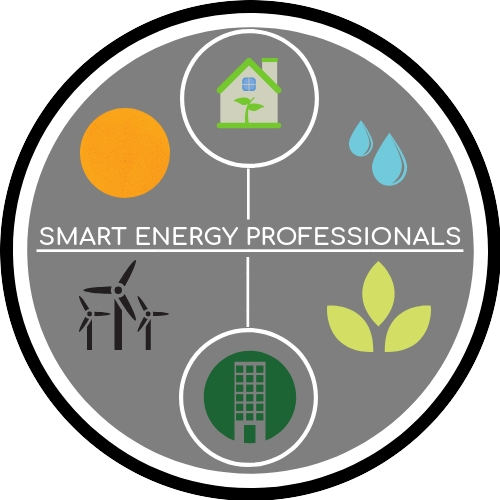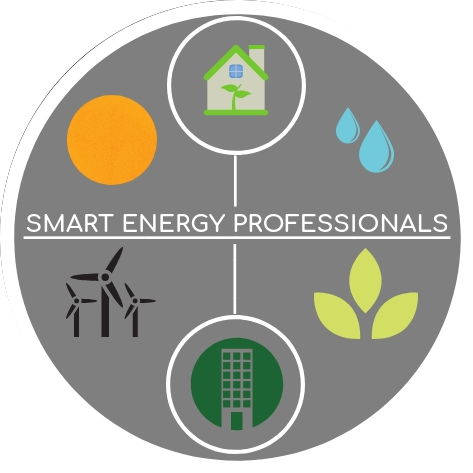Foam Board
What’s Foam Board Insulation?
Foam board insulation, also known as rigid foam insulation, is a type of insulation material typically made from polystyrene, polyisocyanurate, or polyurethane. It comes in rigid panels or boards and is used to provide thermal insulation in buildings.
Why Foam Board Insulation?
Thermal insulation: Foam board insulation has excellent insulating properties, reducing heat transfer and improving energy efficiency.
Moisture resistance: It is resistant to moisture, making it suitable for areas prone to dampness or high humidity.
Versatility: Foam board insulation can be used in various applications, including walls, roofs, foundations, and even under concrete slabs.
High R-value: Foam board insulation typically has a high R-value, which is a measure of its thermal resistance. This means it offers effective insulation with a relatively thin profile.
Easy installation: It can be easily cut to fit specific dimensions and installed using adhesive, mechanical fasteners, or both.
Durability: Foam board insulation is known for its durability and long lifespan when properly installed and protected.
Vapor barrier: Some foam board insulation products have built-in vapor barriers, reducing the need for additional moisture control measures.
Before choosing foam board insulation, it is recommended to consult with Smart Energy Professionals first so we can assess your specific needs and provide guidance on the most suitable insulation solution for your project.
What are some pros and cons of using Foam Board Insulation?
Pros of using Foam Board Insulation:
Excellent insulation: Foam board insulation has high thermal resistance, providing effective insulation and reducing heat transfer.
Moisture resistance: It is resistant to moisture, making it suitable for areas prone to dampness or high humidity.
Versatility: Foam board insulation can be used in various applications, including walls, roofs, foundations, and under concrete slabs.
Durability: It is known for its durability and can have a long lifespan when properly installed and protected.
High R-value: Foam board insulation typically has a high R-value, meaning it offers effective insulation with a relatively thin profile.
Cons of using Foam Board Insulation:
Installation complexity: Proper installation of foam board insulation requires precise techniques to ensure complete coverage and prevent gaps or thermal bridging.
Rigidity: Foam board insulation is relatively rigid, which can make it more challenging to retrofit in existing buildings or navigate around obstacles during installation.
Potential for VOCs: Some foam board insulation materials may release volatile organic compounds (VOCs) during installation, necessitating proper ventilation and consideration for sensitive individuals.
Cost: Foam board insulation can be more expensive compared to other insulation materials, which may affect the overall project cost.
Environmental considerations: The production process of foam board insulation involves the use of materials derived from fossil fuels, raising environmental concerns.
Take control of your home's energy efficiency with foam board insulation! Enjoy the benefits of superior thermal insulation, moisture resistance, and durability. Say goodbye to high energy bills and hello to a comfortable living environment. Contact a professional insulation service today to explore the versatility and effectiveness of foam board insulation. Start saving energy and enhancing your home's comfort.
Before choosing foam board insulation, it is recommended to consult with Smart Energy Professionals first so we can assess your specific needs and provide guidance on the most suitable insulation solution for your project. Schedule an energy audit today or give us a call if you have any questions!


